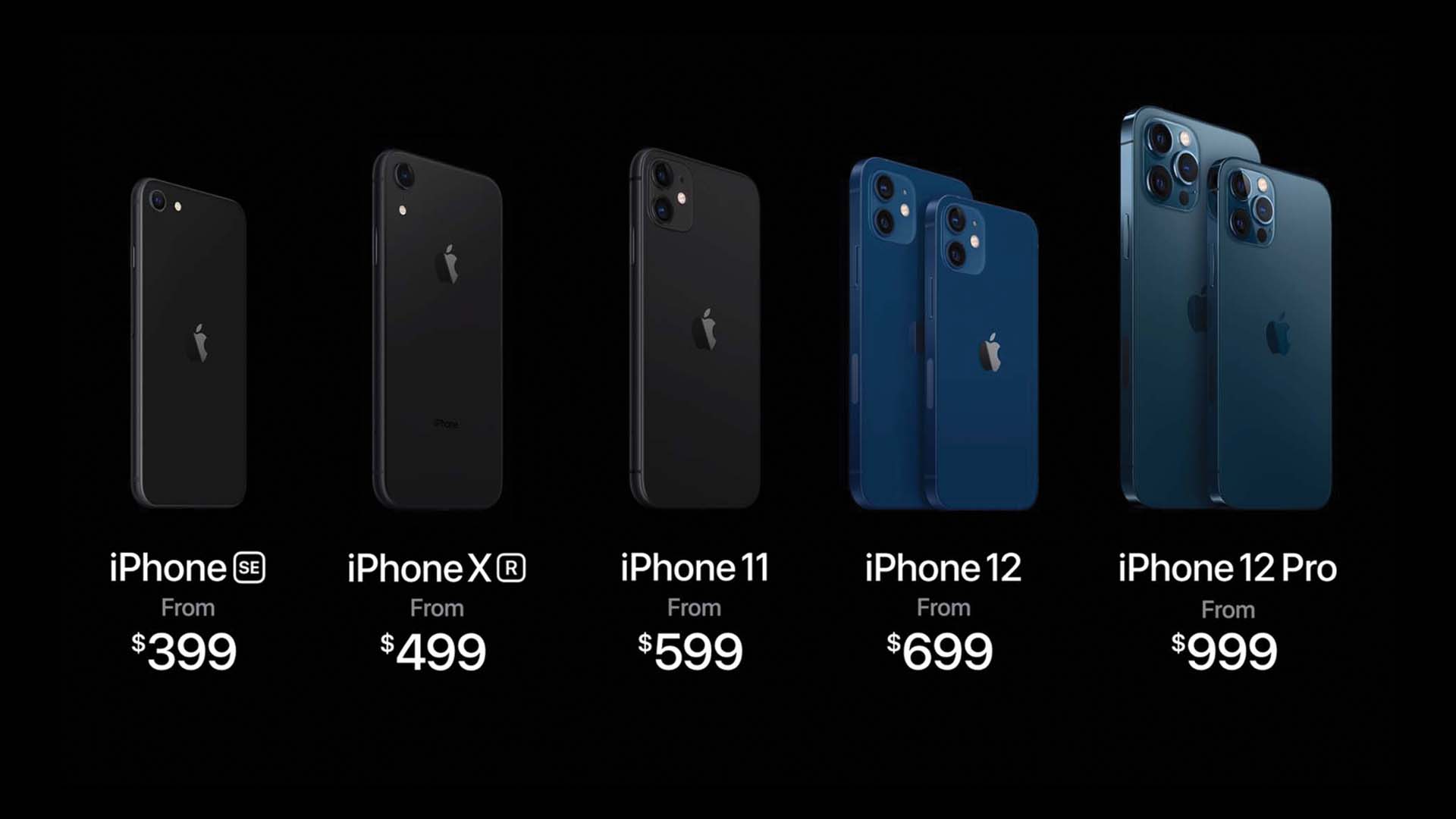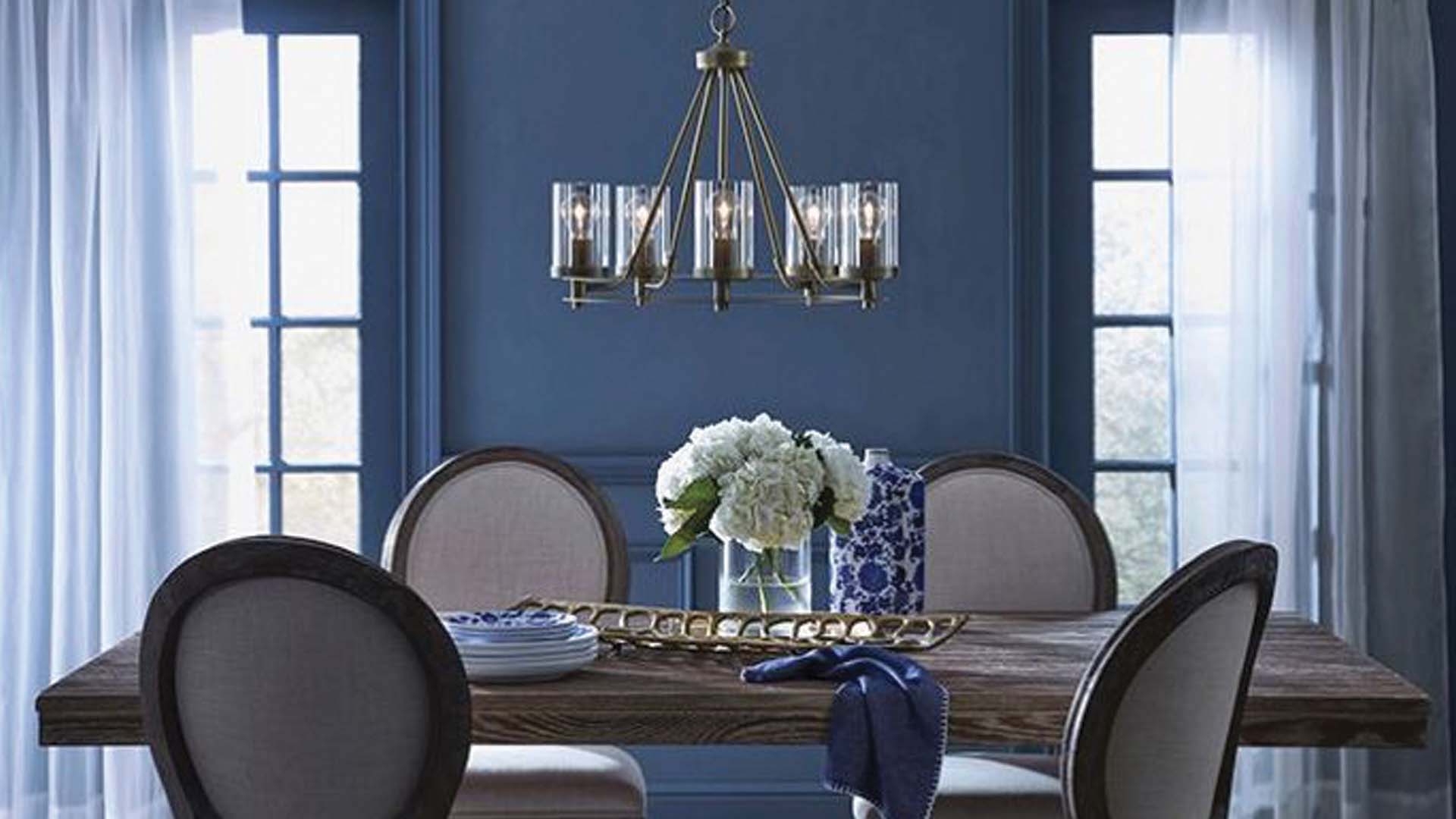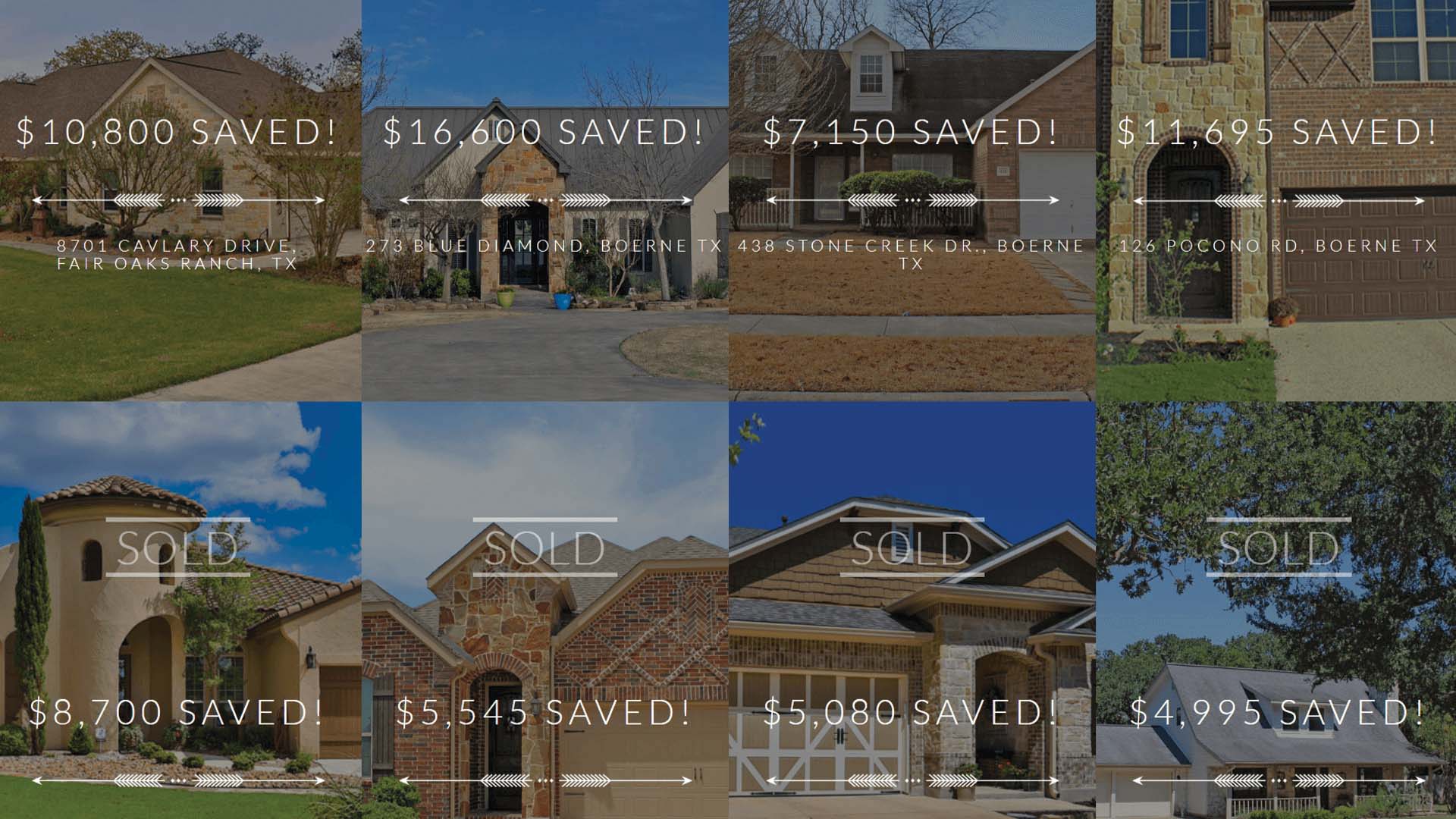In any people-based industry, a great deal of psychology is constantly at play. And, in an emotion-based industry like real estate, this is only increased. Keep these psychological strategies in mind to ensure that your mind isn’t playing tricks on you when you’re shopping for your next home!
Charm Pricing
Have you ever noticed how many stores and companies have products priced with the last digit ending in 9 rather than just a whole number? Some companies like Apple even exclusively price their products in this way, like the newest iPhone’s price tag at $699.

There is actually a psychological motivation behind this: charm pricing, a strategy used to get consumers to buy a product with certain prices. Charm pricing, also known as psychological pricing, uses odd numbers, usually 9, to demonstrate perceived values to shoppers and convince them to buy the product. Researchers at the University of Chicago and MIT found this principle to be true after setting prices of women’s clothing at $34, $39, and $44. Even though it is the most expensive option, the items sold best at $39.
This tactic is often applied to housing as well. According to research from the Journal of Real Estate Finance and Economics, knocking a list price down from $300,000 to $299,000 yields a premium of 2.5% to 3% when the home sells. On the other hand, cutting the list price from $250,000 to $249,000 doesn’t have an effect because only the leftmost digit matters in this principle. Another way that this tactic works is that buyers often cap their budget at a rounded number like $500,000. So even if the house is worth $500,000, listing the house at $499,000 causes it to show up in more online searches.
Use of Emotions
Buying and selling a house is one of the most emotional, personal decisions that people make in their lives. For example, some buyers insist on selling for no less than they paid for the house, which causes them to ignore the realities of the market. Research from the Journal of House Economics found that homeowners overestimate the value of their properties by between 5% and 10%. When buyers stick to their idea of what the home is worth instead of what the market will pay, their homes stay on the market.
Realtors and agents understand the emotions that go into a house and create their customer experience around this. Real estate company EXIT Realty’s entire business model is even completely built around delivering exceptional customer experiences. Every agent in the company goes through training courses on principles like Personality Profiles to better recognize the value of the customer and to understand their emotions.
Color Psychology
The colors of the interior and exterior of the houses play a factor in the psychology of buying a house. The online real estate database Zillow conducted a research experiment comparing color psychology and house purchases. Overall, they determined that light and neutral color houses and rooms in houses sell the best.

Photo Credit: Lowe’s
In this research, they also found that homes with light pale blue or soft periwinkle blue bathrooms sold for $5,440 more than expected, and houses with a slate blue to pale gray-blue dining room sold for more than $1,926 than white dining room wall colors. Houses with an exterior painted in a mix of light gray and beige sold for $3,496 more than homes with an exterior painted in a medium brown or with tan stucco. They also found that homes with white bathrooms sold for an average of $4,035 below similar homes.
Scent Psychology
It’s no secret that real estate agents will often bake cookies or light a candle in the house to make it appear homier. But is there science to back this up? In a report by BMO Financial Group, they found that 80% of prospective buyers know if the home is what they want within seconds of stepping inside. The theory is that research has not yet caught up to the speed at which the human mind processes sensory information, which of course includes the sense of smell.
Additionally, a 2013 study published in the Journal of Retailing concluded that sales in retail stores decrease with the introduction of complex scents. For example, mixing the smells of vanilla and chocolate can conjure memories of home, but they also require thought to identify, interrupting decision-making. The same process occurs in home buying—people in the real estate business must ensure that the scent is familiar, but not overbearing. The study suggests that certain smells promote buying the house for different reasons. For example, citrus induces energy and uplifts moods, vanilla makes the home feel cozy and warm, and pine and cedar are particularly effective in residential sales during the winter months because they are easily identifiable.
Social Proof Theory
It is unlikely today for someone to consider picking a realtor, agent, or real estate company without viewing them digitally, via their website, or social media. In both of these situations, the psychological principle of social proof is in use. The Social Proof Theory, popularized by psychologist Robert Cialdini, is a psychological phenomenon where people imitate the actions of others in an attempt to reflect correct behavior for a given situation.

Photo Credit: Agent Fire
In digital platforms, this principle is shown with reviews from former customers and success stories. The websites often show photos of happy clients next to their new house to prove that they can be successful. They will also keep sold houses on their website to show how many houses they have sold which is a perfect example of social proof. While these can be great ways for the company or agent to showcase their ability to sell a house, buyers should keep this principle in mind and be sure that they are buying a house for the right reasons, not allowing themselves to just follow others’ lead.
To discover more about innovations in real estate, stream Tomorrow’s World Today’s “Science Behind Relocation” on SCIGo and Discovery GO.
Find out more about the World of Inspiration with the 5 Biggest Space Moments in the Last 5 Years, the world’s largest underwater cave, and Ireland’s Cliffs of Moher.







